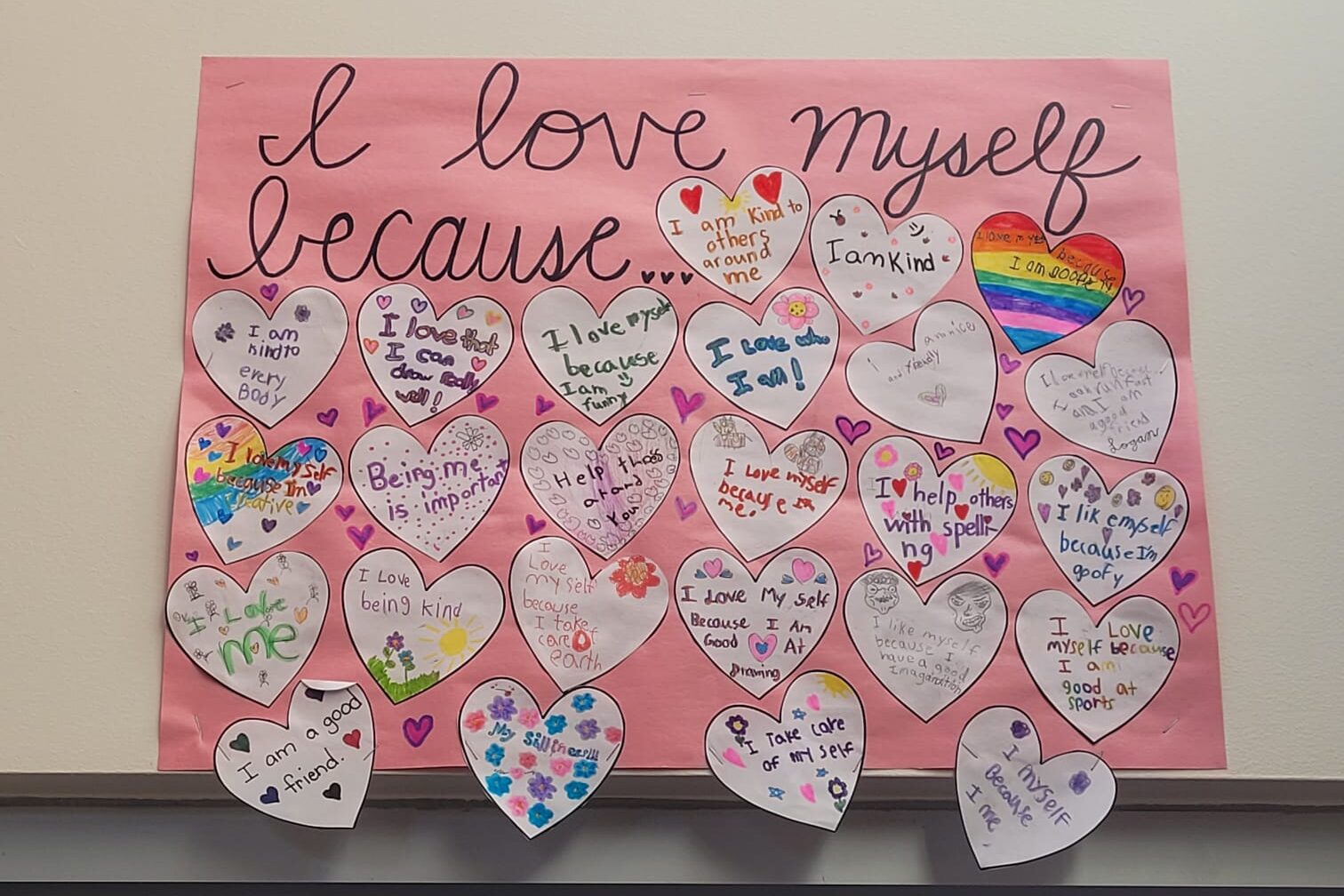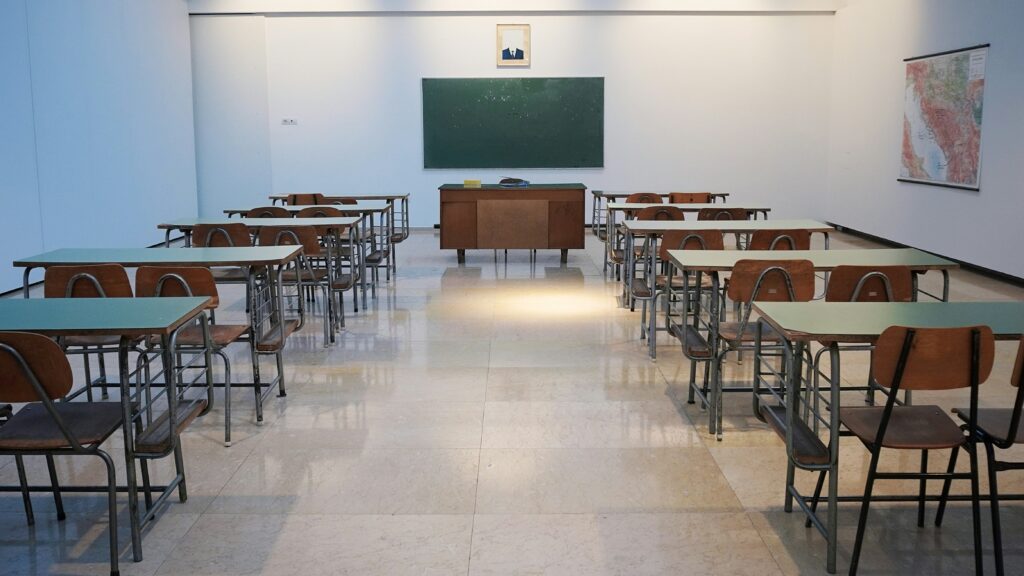Learning Blueprint – Poetic Devices

A project by Anna Palmer, Mady Chase, Nicole Bell, Hanne Deener, Finlay Jessop
Overview
As identified in the article, Why Literary Devices Matter by Lorraine K.C. Yeung, the impact of literary devices in fiction and poetry plays a crucial role in evoking emotions among readers and writers. According to Yeung, the purpose of literary devices is to contribute to the emotional depth of a piece and grasp readers’ attention “in a way that prompts their emotional engagement even before any meaningful content for cognitive judgments is available to them” (p. 35). Similar to Yeung’s analysis of literary devices and looking into how literary devices are important in poetry, Joan Peskin from the University of Toronto talks in her article, The Development of Poetic Literacy During the School Years about the impact these devices have on poetry. For example, she states how “… poetic interpretation is driven by the intrinsic textual features of a poem. There is now evidence that poetic processing is both reader-driven and text-driven (p. 77).” Therefore, to fully grasp the importance of literary devices in poetry and other writing, we need to be learning and teaching this topic in a variety of ways, such as auditory or visually.
One of the most common misconceptions about poetry is that it is boring. One of the biggest reasons for this is that, specifically with young students, it is thought that all poetry must rhyme, which they may find uninteresting or juvenile. Another misconception in relation to poetic devices is that they don’t actually hold a purpose within the poem. Students think that devices are unnecessary and just for show; however, they don’t realize that the devices are often what gives the poem a deeper meaning and a more impactful effect.
This topic is of particular interest to us because all of us are hoping to be elementary or middle school educators. This is a resource that would be useful to elementary school teachers who are introducing poetry to their students, and show them that poetry can be interesting and fun.
Lesson Design Planning Template


Resources
- PowerPoint presentation
- Example poems
- Writing materials or personal computers
- Paper or journals
Roles and Responsibilities
Mady: One misconception (Poetry is boring) in the Overview, Learning Outcomes portion of the Lesson Design Planning Template
Anna: Connection to common practice in our field in the Overview, Big Ideas portion of the Lesson Design Planning Template
Nicole: One misconception (that poetic devices in literacy don’t hold a purpose) in the Overview, Evidence of Learning of the Lesson Design Planning Template
Hanne: One academic resource (Why Literary Devices Matter) in the Overview, Assessment portion of the Lesson Design Planning Template
Finlay: One academic resource (The Development of Poetic Literacy During the School Years) in the Overview, the learning activities portion of the Lesson Design Planning Template





